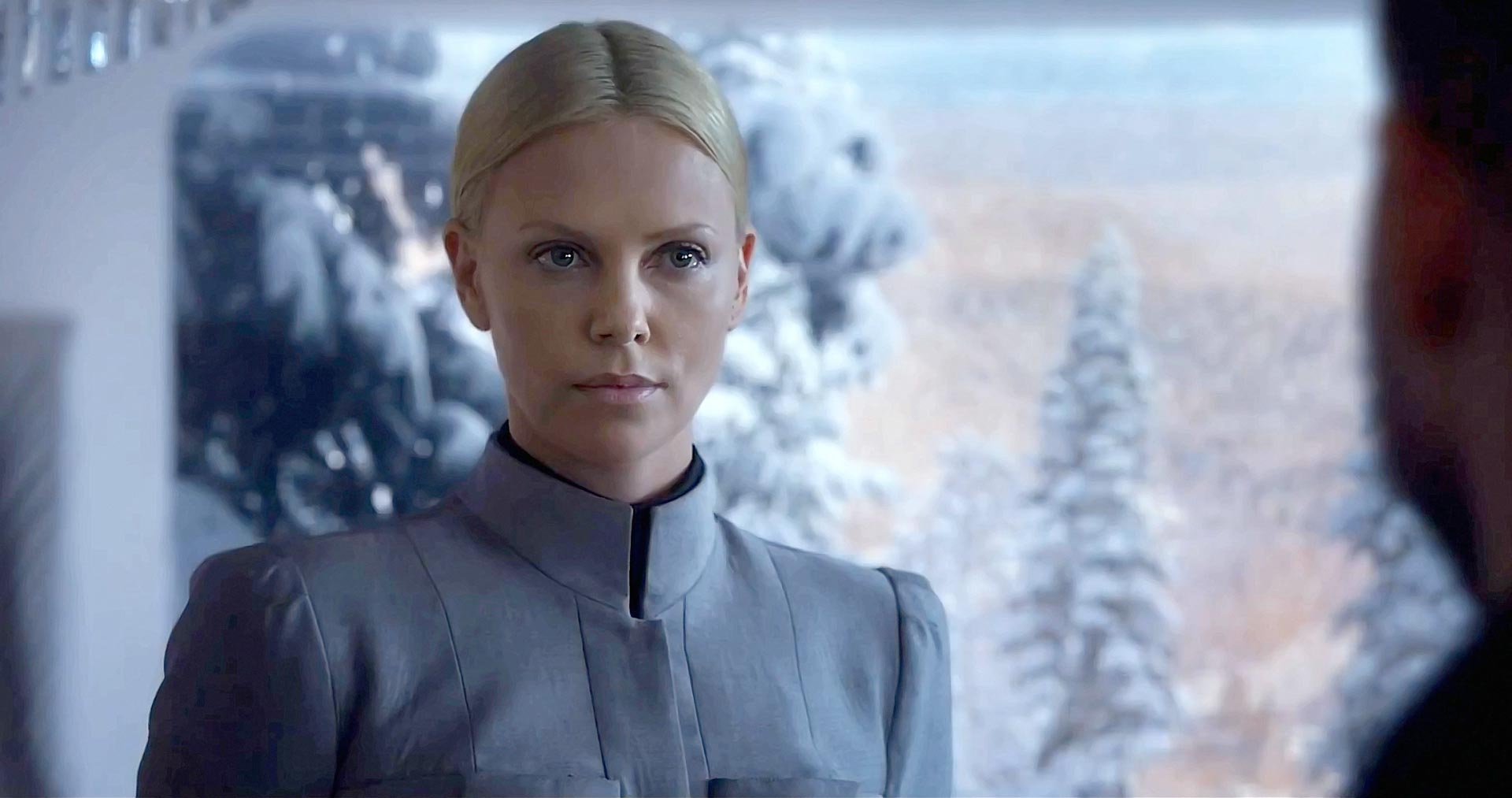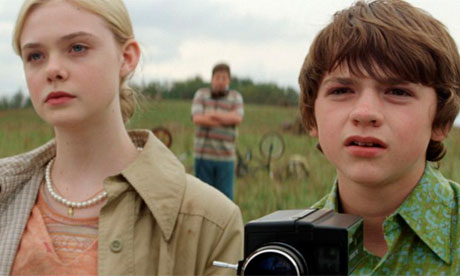 It’s time to put on your geek hat and forget for a moment the notion that all sequels suck. Just step back in a time machine and relive the days when summer blockbusters used to be really good, and sequels were more about completing stories than making more money. Today’s sampling: “Aliens.”
It’s time to put on your geek hat and forget for a moment the notion that all sequels suck. Just step back in a time machine and relive the days when summer blockbusters used to be really good, and sequels were more about completing stories than making more money. Today’s sampling: “Aliens.”
“Aliens” might’ve come from a time before advanced CGI, but still holds up as well as any older action film could. “Aliens” leaves off 50 years after “Alien” ended. The last surviving member of the Nostromo, Ellen Ripley (Sigourney Weaver), has been asleep and floating through space for the past five decades.
Unfortunately, Ripley is not given a hero’s welcome upon returning to Earth. Rather, no one believes her story and she loses her pilot’s license. To top it all off, she is still haunted from the horrible events that happened on that ship (a.k.a. more excuses to show aliens popping out of people’s stomachs).
Humans still remain ignorant of the dangers these creatures pose, and decide to colonize their planet. After some disturbances, Ripley is sent to the planet to investigate the problem. While there, she befriends a brave little girl (Carrie Henn) who’s entire family has been killed, and runs into hundreds of the man-eating aliens. Ripley, it’s time to get back into badass mode.
One thing I sometimes don’t like about sequels is how most times they’re the exact same story as the original, in a slightly altered package. “Aliens” is the rare sequel interested in actually continuing its original story and allowing for further character development. For example, this certainly is not the same Ripley from the first movie. She is at first more vulnerable, and less prepared. It gives her new levels of emotional depth to explore.
Perhaps the main differences between “Alien” and “Aliens” lies in its two very different directors. The original was helmed by Ridley Scott, and the sequel by James Cameron. Both men are infamous perfectionists, but Scott’s filmmaking goes at a much slower pace. His action was less flashy, and it took much longer to build up to it. Cameron, meanwhile, loves to go all out. That is why “Aliens” is so much more of an action driven film.
I don’t mean this to be a bad thing, as Cameron is a master at large-scale filmmaking. Look no further at his future work on “Titanic” and “Avatar.” The action and the violence of “Aliens” are most definitely stunning. Cameron just knows how to elevate everything, from emotions to sound, to make everything more and more tense. Throughout the film you might hear a constant, creepy dripping of water. Or in another scene, when the background score is heard at different volumes in different rooms.
Cameron, like Scott, proves himself a master at utilizing space. The characters of “Aliens” don’t inhabit a space as vast as Pandora. Cameron uses this to create a tighter, more tense mood. The space is also so complex, that the aliens could literally be anywhere.
What also makes Cameron so great is his attention to tiny details. He turns perfectionism into art. He lets the audience pay very close attention to metal bars falling apart when touched to a flame. He also seems endlessly fascinated and obsessed with the weapons his characters use. Small details like this are all a part of universe building. He manages to do this while still maintaining his story.
Before watching “Aliens,” I wondered why Scott wouldn’t come back to complete his own story. It makes sense though, this is Cameron’s type of story. “Alien” was all about mystery; “Aliens” is all about intrigue. Since Cameron loves those details, he’s great with exploring what exactly these aliens are and what they want with us. This comes even more in handy when we finally encounter the angry, bloodthirsty queen.
All of this contributes to a great sci-fi film because part of great sci-fi is the mythology behind it. There is the mythology of both the dystopian future humans have built, and the habits of the aliens. This is something that will continue to make the “Alien” series standout from most other sci-fi.
Some may view James Cameron as a filmmaking God. But he cannot be because if God exists, he would be flawless. Cameron is in serious need of taking some writing classes. The dialogue here is not as bad as in, say “Avatar.” The movie does have its fair share of memorable lines, one in particular when Ripley faces the Queen.
However, there is so much excess dialogue. A perfectly good battle sequence could be ruined by Bill Paxton’s running commentary of every alien he’s just killed. Sometimes, the only sound we should hear are bullets banging and bombs exploding.
The dialogue is just a tiny little dent in a great product. “Aliens” also has something else most sci-fi movies lack: great acting. Mainly, that’s done by Weaver. She exemplifies a great action hero: tough with a soft spot, and endlessly relentless. She’s both hero and human.
Movies have changed much since “Aliens” first premiered, but it still remains a fine model. If more movies tried to be like “Aliens,” then maybe filmmakers could finally find that perfect balance between intelligent and action packed. It’s possible. To all those who forgave the stupidity of “The A-Team” because of its entertainment value, watch “Aliens” to discover that brains and entertainment can mix quite well.











 Steven Spielberg has always said that as a child, he would make his model train crash and film it. Decades later, somebody decided to crash a train on film, and they did it just the way Spielberg would have done it.
Steven Spielberg has always said that as a child, he would make his model train crash and film it. Decades later, somebody decided to crash a train on film, and they did it just the way Spielberg would have done it.



 Comedies that have been made since, let’s say the 90s, have been strongly derived from science fiction. It seems odd to think that the people who were raised on “Star Wars” and “Star Trek” went on to make “Clerks” and “Knocked Up.” I never really connected the dots until I watched “Paul.” Sci-fi, in either the best or worst sense, can also be comedy.
Comedies that have been made since, let’s say the 90s, have been strongly derived from science fiction. It seems odd to think that the people who were raised on “Star Wars” and “Star Trek” went on to make “Clerks” and “Knocked Up.” I never really connected the dots until I watched “Paul.” Sci-fi, in either the best or worst sense, can also be comedy.



 It’s time to put on your geek hat and forget for a moment the notion that all sequels suck. Just step back in a time machine and relive the days when summer blockbusters used to be really good, and sequels were more about completing stories than making more money. Today’s sampling: “Aliens.”
It’s time to put on your geek hat and forget for a moment the notion that all sequels suck. Just step back in a time machine and relive the days when summer blockbusters used to be really good, and sequels were more about completing stories than making more money. Today’s sampling: “Aliens.”

 For decades, Hollywood has been fascinated with the concept of life on other planets. The first films about extraterrestrial life began as ones where the aliens were portrayed as villainous, inhumane creatures looking to enslave the human race. Then, in the late 1970s, things turned around when Steven Spielberg proposed the idea that maybe the invading aliens were nothing but friendly, curious creatures. Stemming from that idea is “District 9,” one of the biggest surprises of the summer.
For decades, Hollywood has been fascinated with the concept of life on other planets. The first films about extraterrestrial life began as ones where the aliens were portrayed as villainous, inhumane creatures looking to enslave the human race. Then, in the late 1970s, things turned around when Steven Spielberg proposed the idea that maybe the invading aliens were nothing but friendly, curious creatures. Stemming from that idea is “District 9,” one of the biggest surprises of the summer.